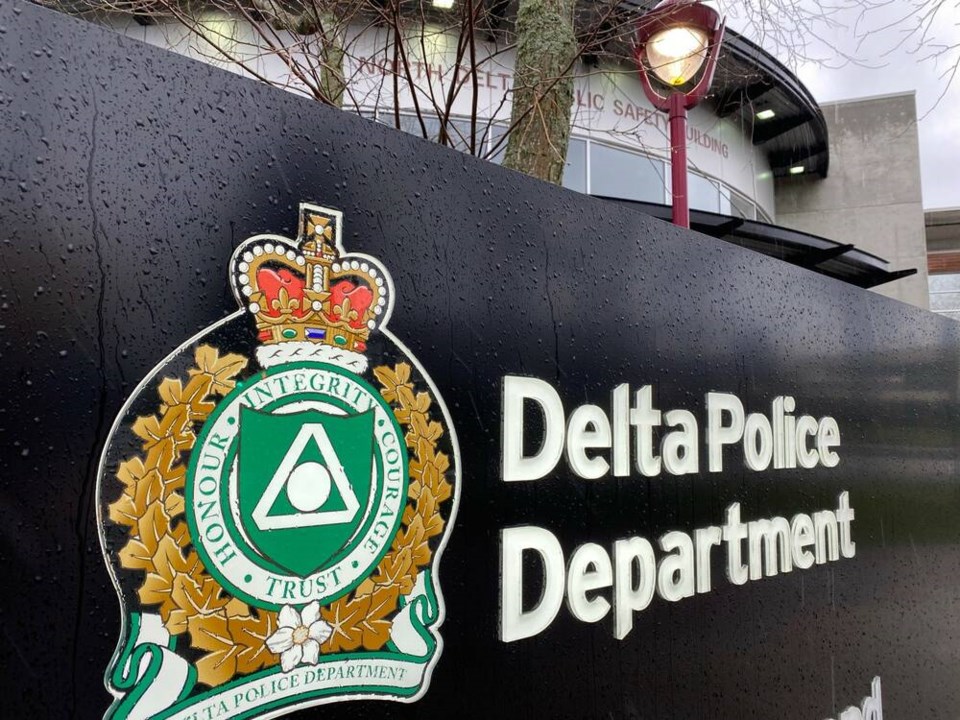A number of significant changes are being made to help improve non-emergency call wait-times for Delta.
That was the recent response from E-Comm to Delta Mayor George Harvie, who raised serious concerns to the provincial government about E-Comm’s service.
In late December, Harvie, on behalf of the Delta Police Board which he also chairs, wrote to Public Safety and Solicitor General and Deputy Premier Mike Farnworth conveying concerns about what he described as E-Comm’s inability to provide necessary call-taking services for the Delta Police Department.
His letter, which was also sent to Doug Campbell, Board Chair, Emergency Communications for British Columbia Incorp., notes that there have been consistent and ongoing challenges relating to unacceptably long wait times for emergency and non-emergency calls, often leading to abandoned calls.
In a letter to Harvie in response, Campbell acknowledged service levels on non-emergency calls have been ‘unacceptable’ due to an increase in call volumes and labour shortages, however, E-Comm’s performance in 911 call taking remains ‘very strong’.
Campbell highlighted 2022 year-end regional service results indicating the Lower Mainland E-Comm’s service levels were above the target of answering 95 per cent of 911 calls within five seconds (97.7 per cent), and for police emergency call taking, it was near the target of answering 88 per cent of police emergency calls within 10 seconds (84.6 per cent).
“Your letter refers to ‘consistent and ongoing challenges relating to unacceptably long wait times for emergency and non-emergency calls, often leading to abandoned calls.’ I would respectfully submit that the service impacts that E-Comm has experienced on wait time and call abandon rates are almost entirely with non-emergency calls only,” wrote Campbell.
Also providing 2022 year-end service level results for the Delta Police Department, Campbell notes the service level for police emergency calls improved in 2022 to 84 per cent of calls answered within 10 seconds, from 81 per cent in 2021. The service level rises to 88 per cent of emergency calls answered within 20 seconds, and 91 per cent within 30 seconds.
Also noting a 911 call taker remains on the phone at all times with callers waiting to be transferred to a police call taker, Campbell provided other Delta numbers including the service level for non-emergency calls (NER) decreasing in 2022 to 68 per cent of calls answered within three minutes or less, below the target of 80 per cent.
That service level rises to 80 per cent of non-emergency calls answered within five minutes, and 91 per cent answered within 10 minutes. The non-emergency call abandon rate deteriorated to 41 per cent, from 19 per cent in 2021.
“These NER results are unacceptable to E-Comm. This police NER wait-time challenge is not unique to E-Comm. It is a global challenge that many other police agencies are struggling with, driven in part by increased call volumes and current labour shortages. Nevertheless, we know we must continue to act with urgency to improve these results,” Campbell acknowledged.
He outlined a multi-year improvement plan that includes increased staffing capacity, technology improvements and harmonization of standard operating procedures with police agency partners to reduce non-emergency call handling time.




